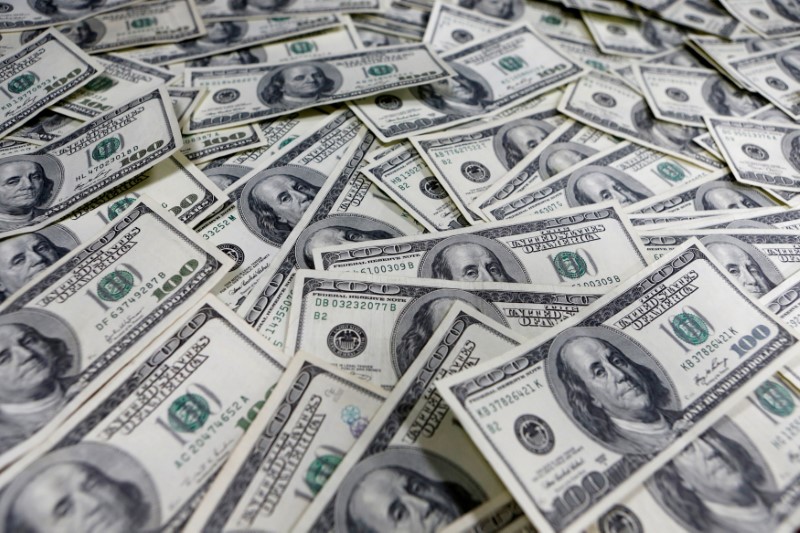By Chris Prentice
WASHINGTON (Reuters) - U.S. regulators are considering giving banks additional regulatory points for lending to mid- to low-income Americans hurt by the coronavirus, as they seek to mitigate the economic impact of the pandemic, an official within a banking agency told Reuters.
The federal banking agencies are exploring a number of tools to get credit to American individuals and businesses amid worries the havoc wreaked by the coronavirus could see millions of lower-income Americans lose their jobs, sending them into default on auto loans, mortgages and credit card debt.
Among the measures under discussion is a plan to offer additional regulatory credits - bonus points - to lenders via the Community Reinvestment Act (CRA), a critical fair-lending law which dictates a range of regulatory scores for banks. The 1977 law tries to encourage lending to low- and moderate-income Americans by rating banks on, among other measures, how effectively they meet the credit needs of those communities.
Banks strive hard to secure a good rating, since falling short can result in banking regulators dramatically curtailing their businesses, including by preventing them from doing mergers and acquisitions, or from opening new branches.
The measures could see banks get extra credit if they can show they assisted low-income borrowers suffering as a result of the virus by extending new credit, the official said. The official said they are also considering pushing banks for leniency around repayments of loans for homes and automobiles.
"This crisis is tailor-made for how the CRA could be used or repurposed to put money where it’s needed," said one lobbyist who has been pushing for the move.
The Federal Reserve and the Office of the Comptroller of the Currency declined to comment.
On Friday, the regulators urged banks in a statement to go easy on borrowers, but did not identify specific measures they would take to encourage lending.
Such measures are typically used in localized areas in response to natural disasters such as flooding or hurricanes, but regulators believe they could also be applied to the nationwide disruption caused by the virus outbreak.

After 2017's Hurricane Maria caused widespread damage and displaced many in the U.S. Virgin Islands and Puerto Rico, federal banking regulators said they would give "favorable consideration" to any community development activities by banks that went toward revitalization throughout the nation, not just in the immediate local community.